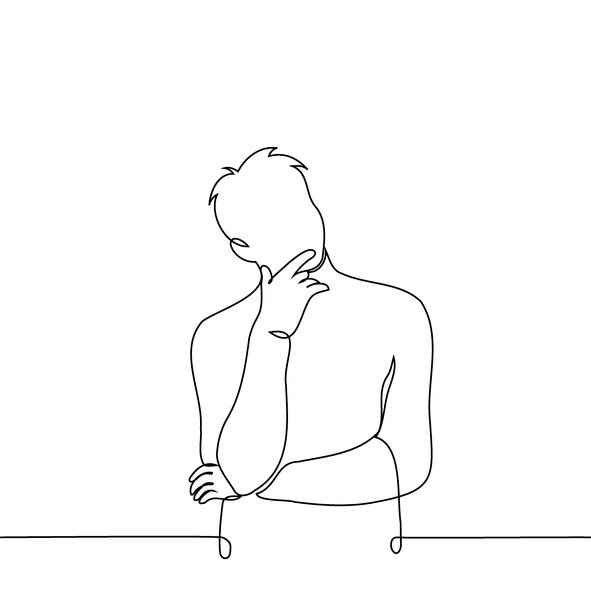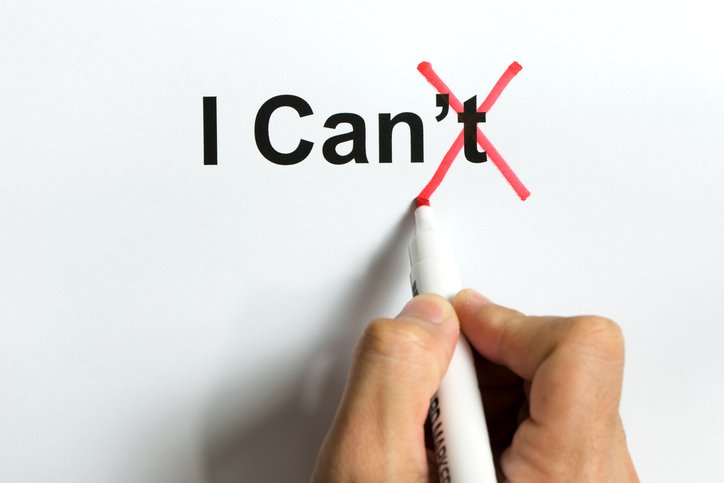The Complexities of Body Positivity: Navigating Weight, Wellness, and Online Influence
In a recent New York Times piece by Katie Baker, titled "Downsides For Plus-Sizers Who Size Down," the narrative unfolds around plus-sized influencers facing backlash from their community for losing weight. The author uses the term fat phobia several times. One poignant story is that of Dronme Davis, a beacon of body positivity, who shared her personal journey only to be met with hostility for becoming thin. Worse, she had to suffer criticism while experiencing an eating disorder relapse. This situation illuminates the nuanced and often polarized landscape of body positivity, where the intention to embrace all bodies somehow loses its inclusivity when those bodies change in ways that don't align with the expected narrative.
Every Size Deserves a Space in Body Positivity
Body positivity, at its core, advocates for the acceptance of all body types, sizes, and shapes. It's a movement rooted in the belief that beauty and health are not size-specific. However, the backlash faced by influencers like Davis reveals an unsettling contradiction within the community. The anger directed at these influencers for losing weight — possibly perceived as a betrayal by some followers — uncovers what might be termed "thin phobia." This reaction is as problematic as the "fat phobia" that the movement aims to combat. It's essential to understand that body positivity should remain inclusive, even when individuals undergo transformations, whether for health, personal satisfaction, or other reasons.
The Role of Modern Food in the Obesity Epidemic
Our environment, particularly our food systems, plays a significant role in shaping public health and individual body sizes. Processed foods, high in processed carbohydrates and unhealthy fats like soybean oil, are omnipresent and marketed aggressively. These dietary factors contribute significantly to the obesity epidemic, making it harder for individuals to maintain a healthy weight. Recognizing the toxic food environment is crucial in understanding the challenges faced by many in achieving their health goals. It's not solely a matter of personal choice but also about understanding the quality of available food.
The Role of Obesity Statistics in Fat Phobia
Unfortunately, certain biological markers associated with poor health center around weight, BMI, waist-to-hip, and waist-to-height ratios, which are all physical attributes easily observed. Because they are associated with poor health, they have a negative connotation. Conversely, thinness, to a point, is associated with better health. Fat-phobia stems from the negative associations associated with obesity. Those who dislike others because they are overweight are misguided; those who understand the connection between obesity and poor health are typically not fat phobic, just health-conscious. To label their concern as a form of hatred of overweight people is unfounded.
Self-reflection
We often self-assess and find areas in which we can improve. The work we may have done on ourselves hopefully created a sense of well-being and confidence. Some of us have been criticized by others about our appearance or behavior, however. The healthy response should be to first assess whether the criticism has merit. If it does, we can act to improve ourselves. Sometimes, people are honestly trying to help; other times, they are just being hurtful. Either way, we come out stronger when we dismiss unfounded criticism and use factual criticism constructively to improve ourselves.
Self-Motivation vs. Self-Loathing
One of the most empowering aspects of body positivity is its emphasis on self-acceptance. This is the opposite of self-loathing. Using self-motivation to change aspects of our appearance should stem from a place of self-worth and a desire for improvement, not self-loathing. It's about setting personal goals that reflect our values and aspirations, not societal pressures, or unrealistic standards. This approach encourages a healthy relationship with our bodies and food, where we make changes out of care for our well-being rather than as a punishment for not fitting a particular mold.
Team "Me"
Today, more than ever, we are drawn to different cultural sides in a type of "us versus them" mentality. Most of the time, the divide is generated by nefarious politicians and their mass media lackeys. The divides often lead to an "us versus them" attitude that can only lead to hatred and strife. Besides, the divides are usually meaningless, and we should avoid them. Recently, people have been promoting causes by halting commuter traffic, defacing priceless art, and gluing themselves to things. Whatever their cause is, none of these tactics will solve anything.
Instead of creating needless divides and causing havoc, we should embrace a "me versus me" attitude. Suppose we see something about ourselves worth improving. In that case, we can morph ourselves emotionally, spiritually, cognitively, and physically into someone we are more comfortable with while allowing others to live their lives and make their own choices. Connecting with others, however, is the essence of being human. As a famous person once said, we should forgive those who trespass against us.
Embracing Change and Encouraging Dialogue
The journey of influencers like Dronme Davis underscores the need for a more inclusive and flexible understanding of body positivity. It's vital to create spaces where people can openly discuss their health and wellness journeys without fear of judgment or backlash. Encouraging honest dialogue about body image, health, and the challenges of navigating a toxic food environment can foster a more supportive and understanding community.
In conclusion, the backlash against plus-sized influencers who lose weight reveals the complexities and contradictions not only within the body positivity movement but also across a wide array of topics ranging from political views to vaccines. True body positivity should encompass all sizes and shapes, celebrating personal growth and health improvements as much as it does size acceptance. By acknowledging the role of our modern food systems in health outcomes and advocating for self-motivation rooted in self-love, we can work towards a more inclusive and empathetic understanding of not just body positivity but each others' struggles in general. Let's strive for a community that uplifts all its members, regardless of their size, on their journey toward health, happiness, vibrancy, and self-acceptance.







